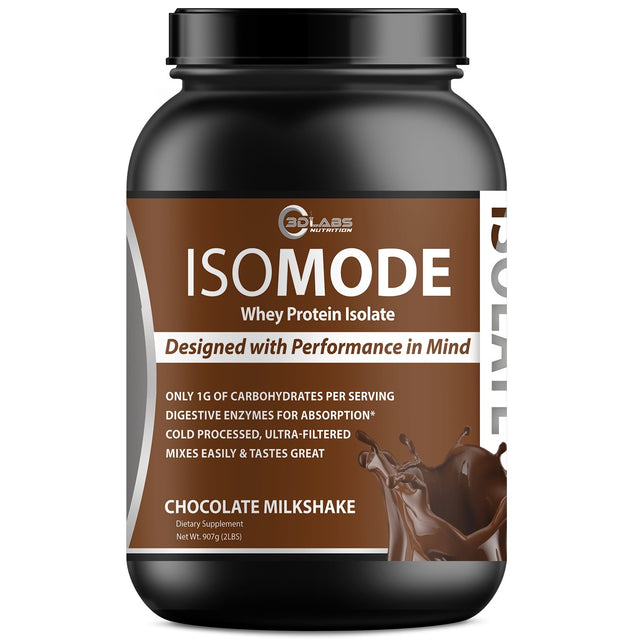The Ketogenic Diet: Basics, Benefits, and Considerations
The Ketogenic Diet: Basics, Benefits, and Considerations
In the evolving landscape of dietary practices, the ketogenic diet stands out as a remarkable approach to eating that transcends the typical goals of weight loss and fitness. Originating as a therapeutic diet in the 1920s to treat epilepsy, its applications have vastly expanded, capturing the interest of those seeking to optimize their health and well-being.
Characterized by high fat, moderate protein, and low carbohydrate intake, this diet shifts the body's metabolism away from glucose and towards fat and ketone bodies as primary energy sources. This transformation, known as ketosis, promises not only weight loss but also improved mental clarity, enhanced energy levels, and potential benefits for a variety of health conditions.
As we venture into the ketogenic diet's basics, benefits, and considerations, it's crucial to approach this dietary strategy with a balanced perspective, recognizing its potential as well as its challenges.
What is the Ketogenic Diet?
The ketogenic diet is a high-fat, low-carbohydrate diet that aims to induce ketosis, a metabolic state in which the body burns fat for fuel instead of carbohydrates. By drastically reducing carbohydrate intake typically to less than 50 grams per day and significantly increasing fat intake, the body is forced to rely on fat as its primary energy source.
This diet encompasses several variations, including the Standard Ketogenic Diet (SKD), which is the most common and focuses on a ratio of 75% fat, 20% protein, and 5% carbohydrates. Other variations, like the Cyclical Ketogenic Diet (CKD) and the Targeted Ketogenic Diet (TKD), incorporate periods of higher carbohydrate intake to support activities like intense exercise.
The Science Behind Ketosis
Ketosis is central to the ketogenic diet's effectiveness. This metabolic state is achieved when carbohydrate stores are depleted, prompting the liver to convert fat into fatty acids and ketones. These ketones then serve as an alternative energy source for the body and brain. Achieving and maintaining ketosis requires strict adherence to the diet's macronutrient ratios.
Research indicates that ketosis can lead to improved insulin sensitivity, reduced inflammation, and enhanced fat burning. Additionally, ketones are a more efficient and steady source of energy than glucose, potentially leading to improved cognitive function and energy levels.
Benefits of the Ketogenic Diet
Beyond weight loss, the ketogenic diet offers several health benefits. Its impact on blood sugar and insulin levels makes it a potential dietary strategy for managing and preventing diabetes.
Additionally, many followers report enhanced mental clarity and concentration, attributed to the steady energy supply from ketones. There's also emerging evidence suggesting the diet's positive effects on cardiovascular health, including improved cholesterol levels.
Furthermore, the ketogenic diet has been studied for its potential to support the treatment of neurological disorders, including epilepsy and Alzheimer's disease, due to its neuro-protective properties.
Common Foods on the Ketogenic Diet
Adopting the ketogenic diet involves a significant shift in eating habits. Staples of this diet include fatty meats, high-fat dairy, oils, avocados, nuts and seeds, and low-carbohydrate vegetables. In contrast, grains, sugars, fruits, and high-carb vegetables are largely eliminated to maintain ketosis.
This emphasis on high-fat, low-carb foods necessitates careful meal planning and preparation to ensure nutritional adequacy and dietary satisfaction.
Considerations and Potential Side Effects
While the benefits are compelling, the ketogenic diet comes with considerations. Initially, individuals may experience the "keto flu," characterized by symptoms like fatigue, headaches, and irritability, as the body adjusts to ketosis. There's also the risk of nutritional deficiencies due to the restricted intake of certain food groups, highlighting the importance of well-planned meals.
Long-term adherence to the ketogenic diet remains a topic of debate among health professionals, with concerns about potential impacts on kidney function, bone health, and lipid profiles in some individuals.
How to Get Started with the Ketogenic Diet
Embarking on the ketogenic diet requires commitment and planning. Starting with a clear understanding of the diet's principles and consulting with healthcare professionals can ensure a safe and effective approach. Gradually reducing carbohydrate intake while increasing fat consumption can help ease the transition into ketosis.
Keeping track of macronutrient intake, staying hydrated, and being mindful of electrolyte balance are also crucial steps for success on this diet.
Tips and Tricks for Successfully Navigating the Ketogenic Diet
Embarking on the ketogenic diet can be a significant lifestyle change, presenting both challenges and rewards. To navigate this journey successfully, consider these tips and tricks:
Incorporating these tips and tricks can help smooth your transition into the ketogenic diet and increase your chances of success. Remember, the key to any dietary change is finding what works best for your body and lifestyle.
Conclusion and Call to Action
The ketogenic diet presents a fascinating approach to nutrition with the potential for significant health benefits. Whether you're drawn to its promise for weight loss, metabolic health, or improved mental clarity, it's essential to navigate this dietary journey with care, mindfulness, and informed support.
As with any major lifestyle change, consulting with healthcare providers and considering personal health conditions and nutritional needs will pave the way for a safe and rewarding experience with the ketogenic diet.
Embark on this journey with openness to learning and adapting, and you may discover a transformative new way of eating that aligns with your health and wellness goals
Always Remember...
We would love to hear your thoughts on this, or any other article we write, so please, drop us your comments, ideas, input, and suggestions in the comments below.
And, by all means, if you think anyone in your world might like something we write, use the share buttons below to help us spread the word!
Until next time...PROGRESS, not PERFECTION!
Don't forget, always consult your physician before making any changes to your diet or exercise regimen.
Live a 3D Life...Decisions Determine Destinations!








0 Comments
There are no comments for this article. Be the first one to leave a message!